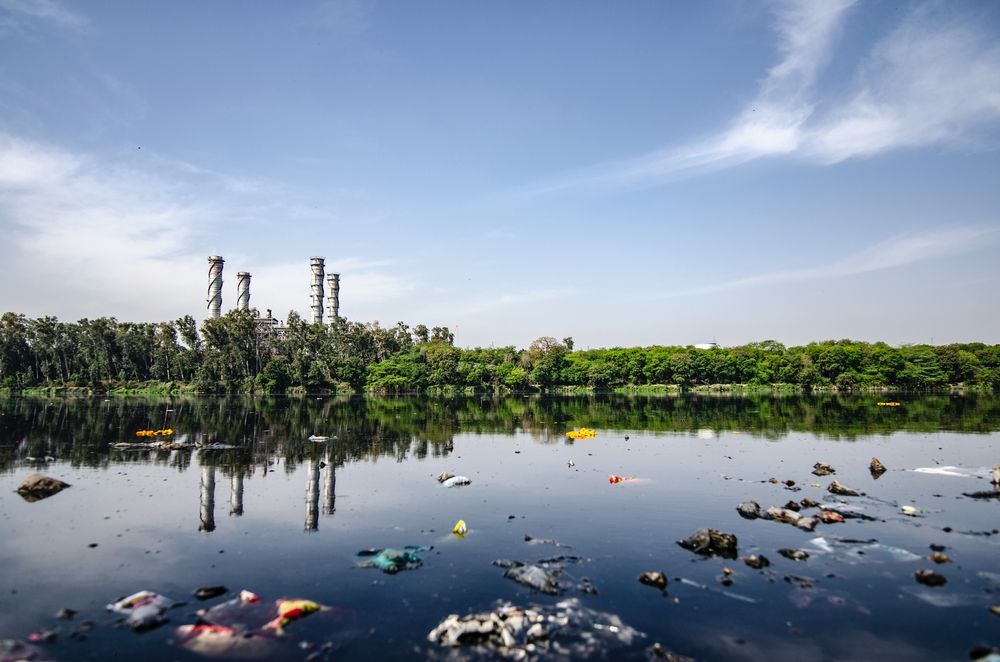Energy companies have often found themselves embroiled in controversial practices during recent decades which continue to have damaging effects on people and planet. While there is increasing awareness of the role energy companies have played in hindering progress on climate change, their broader impacts on communities are still under-appreciated, as is their role in producing packaging waste - just 20 companies produce 55% of the world’s plastic waste.
While renewable energy is our best hope for the future those companies too must urgently improve their human rights practices if they are to retain their moral legitimacy and social licence.
